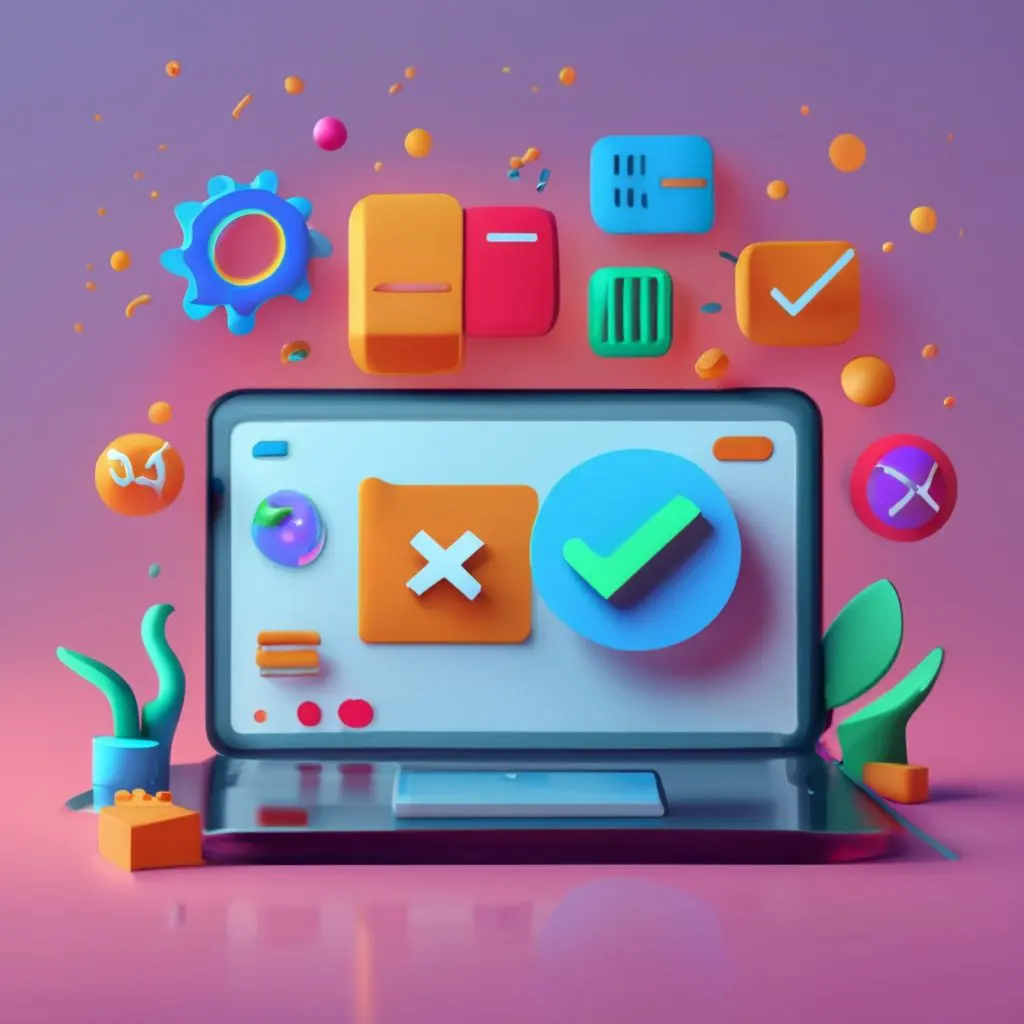How to focus in studies
Updated on Oct 21, 2023
•By Constantin Ginga
Tips and strategies to improve your study sessions through time management, an optimal environment and positive mindset.

We've all been there – textbooks open, notes prepared, and suddenly, our minds decide it's the perfect time to think about everything except the task at hand. If you've ever wondered how to make the most out of your study time, read on.
In this article, we will discuss some tips and insights on how to focus and elevate your study sessions. So, whether you are a student preparing for exams or someone looking to increase their efficiency, let's dive into focused studying.
- Understanding the enemy
- Creating the optimal study environment
- Effective time management
- Mindset
- Balancing work and rest
- Conclusion
Understanding the enemy
Before we start talking about better focus, let's acknowledge some of the issues that can make it difficult to concentrate on studying.
Distractions
Distractions are the main killer of focus. With smartphones and constant multitasking, maintaining focus becomes increasingly challenging. Social media notifications, text messages, or the urge to check the latest news — all ready to divert our attention.
Solution: Designate specific periods for focused studying, silence your phone and place it in another room. Consider using website blockers to keep distracting websites away during study hours.
Fatigue
Fatigue, whether physical or mental, can easily turn a productive study session into a struggle. Long hours without adequate breaks can lead to poor results, as our brains and bodies cry out for rest.
Solution: Ensure you're well-rested before starting your study session and don't underestimate the power of a small break. Coffee can help, too.
Lack of Interest
Studying topics that fail to spark our interest can feel like walking through mud or running in your dreams. The lack of enthusiasm makes it challenging to maintain focus and our minds might wander off to more engaging thoughts.
Solution: Break down the study session into smaller sections or smaller tasks. This way, after finishing one task, you can check it off and get a small dopamine boost. You can also make the content more interesting by using visual aids, sticky notes or connections to real-world applications.
Creating the optimal study environment
Before starting your session, the first step is setting up your study environment. It plays a significant role in determining how well you can concentrate. Consider these:
Declutter your space: A tidy, organized space can do wonders for your concentration. Get rid of unnecessary items and create a clean, focused workspace.
Get comfortable: Ensure your study chair is comfortable and the lighting is easy on the eyes. Darker rooms can make you sleepier. If you're studying on a laptop, consider using a stand to keep it at eye level.
Put away distractions: If possible, designate specific devices for studying. Like your laptop for coding or tablet for notes. As mentioned before, put away your phone to resist the urge of checking it every few minutes.
Effective time management
Time is a precious resource, and managing it effectively is crucial for focused studying. Here are some tips to help you make the most out of your study time:
Break it down: Instead of long study sessions, break your study time into manageable chunks. The Pomodoro Technique, with 25-minute focused intervals, is a popular choice.
Set realistic goals: Define what you want to achieve during each study session. Realistic goals provide direction and help keep you on track.
Prioritize tasks: Tackle the most challenging tasks when your energy levels are at their peak.
Mindset
Your mindset can make or break your ability to focus. You can cultivate a positive, focused mindset with some of these strategies:
Positive self-talk: Monitor your inner dialogue. Replace negative thoughts like "I can't do this" with positive affirmations such as "I can handle this, one step at a time". Positive self-talk contributes significantly to a focused mindset.
Setting goals: Set clear, achievable goals for each study session. Knowing what you want to accomplish provides a sense of direction and purpose, keeping your mind focused on one task at a time.
Meditation: Incorporate mindfulness exercises or short meditation sessions into your routine. These practices can improve your ability to concentrate for longer periods.
Celebrate progress: Acknowledge and celebrate small wins. Completing a challenging task or understanding a difficult concept deserves recognition.
Balancing work and rest
The relationship between focus and rest is symbiotic. Schedule and integrate short breaks into your study routine. Use this time to stretch, hydrate, or take a quick walk to refresh your mind.
Quality sleep is the foundation of effective studying. Ensure you get enough rest to optimize your cognitive functions.
If you're struggling to focus, take a break. Trying to force yourself to concentrate when your mind is wandering will only lead to frustration. Take a short break, then return to your study session with a fresh mind.
Conclusion
Focused studying is a skill that can be developed with practice. Experiment with the strategies mentioned above, discover what works best for you, and adjust your approach as needed. The goal is not just to study but to study effectively, with purpose and concentration.
Be patient with yourself. Rome wasn't built in a day and learning how to focus is a hard task (many struggle with it daily). Stay committed and watch as your study sessions transform into great learning experiences.
Happy focused studying!


